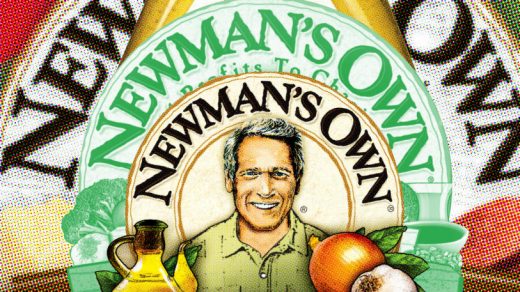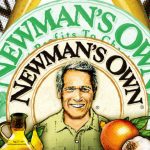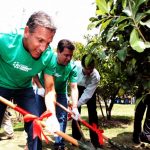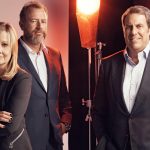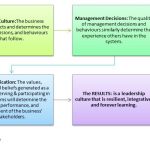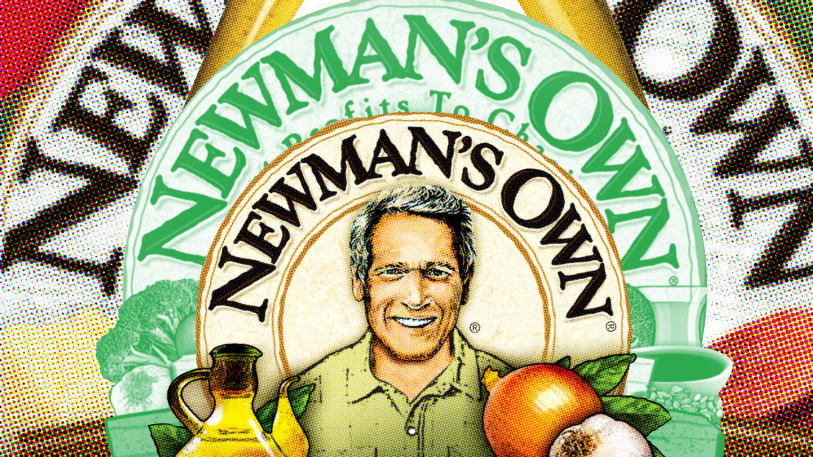How The CEO Of Newman’s Own Carries On An Unconventional Legacy
In 1982, Paul Newman added a second job to his storied acting career when he launched his own food company Newman’s Own. What made the company unique was its audacious giving pledge: the company donates 100% of its profits to charity.
Newman’s Own gained an impressive reputation for its charitable impact and contagious culture, stemming from its charismatic founder. But as Newman grew older, the question was: who could possibly fill the his outsized role once he was gone. Newman knew that that his successor would need to share his values and his vision for the future, and be prepared to make an even greater impact in the community.
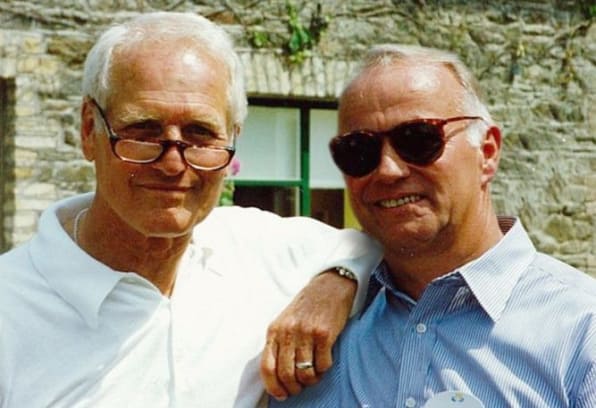
[Photo: courtesy Newman’s Own]
Newman knew just the person. He tapped his dear friend, Bob Forrester, who had worked with Newman for years and had been leading the Newman’s Own Foundation, which is the recipient of the profits from the food business. In 2008, when Paul Newman passed away, Forrester stepped up to lead Newman’s Own and carry on the legacy of his friend.
Forrester has expanded Newman’s Own to more than 300 distinct products, while continuing to donate all of company’s profits to the Newman’s Own Foundation. To date, these donations have totalled nearly $ 500 million, much of it given to charities enhancing the quality of life for children with life-limiting medical conditions (as well as human rights and nutrition). Forrester has taken creative steps to maintain the secret sauce of its culture and has even gone on to influence other business leaders to focus on their impact.
Paying it Forward
Bob Forrester was the son of immigrants and his family was extremely poor. He was a challenged kid, “I was in lot of trouble. I had learning disabilities. I was in a gang.” Forrester nearly didn’t go to college, but he says: “My parents kept trying to move this little startup family closer and closer to opportunity by sacrificing their own lives, and working two jobs to move us over our town line to get us a better education.”
Despite his difficulties, his family’s support and his athletic abilities got him into Harvard. But even there Forrester faced issues, “I flunked out of my freshman year so badly that I think I set a record.” Nevertheless generous faculty came to his aid with a second chance. Between the support of his parents and university faculty, Forrester was struck at a young age by the profound power of service to others.
Forrester volunteered to serve in Vietnam and later and when he returned, got a job at Hartford University, a school which had been built completely by the generosity of local business leaders. Forrester was struck by these leaders’ commitment to the community, “They saw it as being in their interest to have a private university available so the quality of life of their community.” Many of these leaders took Forrester under their wing and mentored him along the way in his early career.
Reflecting on the countless ways others had invested in him, Forrester says he felt compelled to pay it forward in his own career, and so he joined the nonprofit sector. He founded a nonprofit consultancy which led him to work with hundreds of nonprofits in the coming years.
Fulfilling a Promise to Keep the Spirit Alive
Forester remembered that Newman would ask him, “Forrester, what’s gonna happen when I croak?” Forrester would reply, “Well, I don’t know, but if you do, and I have to do this thing, I’ll promise you that if you come back in 10 years, you may not know the people. You may not even know what they’re talking about, but it will feel right to you.” Forrester said, “Implicit in that were two promises: one, we’d still be here and second, the spirit and culture, would be the same.”
Since Newman’s death, Forrester has led in just that way, focusing on the impact and culture of Newman’s Own. He says, “That’s been hard, because sometimes the culture gets in the way of making money. There are things we could do that would make us more money, but it just doesn’t feel right.”
Looking to the future Forrester built a cross-generational team spanning from recent college grads to their oldest employee who is 99 years old. With an influx of young people who would have never met Paul Newman, Forrester has kept the spirit of Newman’s Own alive through the power of storytelling: “The voices of the past, the wonderful people that knew Paul like I did, are my storytellers.”
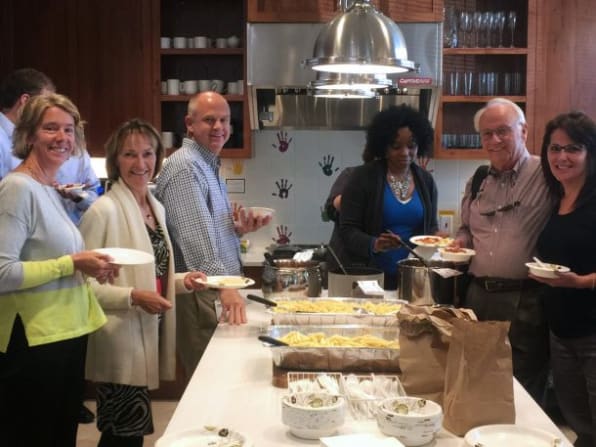
Replacing Bureaucracy with Creative Chaos
Much of Forrester’s energy as CEO of Newman’s Own has been centered around the creative ways to sustain the company’s culture. Unlike other CEOs, Forrester’s approach hasn’t been centered around structure or control but instead around empowerment and trusting his colleagues, “You can’t put culture into a document. You simply can’t. All you can do is trust.”
Forrester has worked hard to promote a flat and egalitarian model at Newman’s Own, grounded in a value of creative chaos, “Your culture is about people, and leaders here are equal among equals. It’s about everyone having a voice,” says Forrester.
To this end, he invites everyone to speak up in meetings without any fear of retribution, even the most junior employees are encouraged to share their ideas and offer creative solutions. This constantly surfaces new improvements for the business, often from the least assuming places. “We believe in a community of ideas, and that good ideas come from a lot of ideas that everybody contributes.” he shares.
Forrester also works hard to fight unnecessary bureaucracy that might stand in the way of people communicating. He emphasizes building strong rapport with colleagues, taking work offline and not being overly-reliant on process for the sake of process. “We don’t have a lot of committee meetings. You’ll very seldom find us writing memos to one another, because it’s almost a non-verbal language that takes place at times.”
Finally, he works hard to connect each employee to the purpose of their work, which he would argue is a business imperative, “You’re not able to hire and retain the best associates by just paying them more… you have to do that through engaging them more, giving them more of a sense of purpose and ownership of what goes on in the organization.”
Catalyzing a Community of Service
Where Newman and Forrester also agreed early on that they had no intention of keeping their approach at Newman’s Own hidden or proprietary; they genuinely wanted to influence other leaders. They also believed wholeheartedly that CEOs who were not making a difference were not bad people, but just missing direction. “We believed CEOs want to do more, but there are factors out there that just get in their way.”
This inspired Newman, with the support of Forrester, to launch a community of practice for leaders to create social impact. In 1999, they launched Committee Encouraging Corporate Philanthropy
(CECP), which has grown from a handful of CEOs who were focused on philanthropy to a coalition of more than 200 leading global CEOs and companies.
Forrester has remained committed to share the story of Newman’s Own and support for other leaders as they go down a similar path. As Forrester shares, “This is needed. This is important to do. We need to value a company’s community involvement and sense of purpose.”
For Forrester, continued leadership in this community is grounded in his own personal sense of humility, the culture of Newman’s Own and a promise he made to his dear friend.
This article is part of a series of articles by Aaron Hurst exploring how leaders find purpose and meaning in their jobs. Last fall, Hurst’s company, Imperative, released a global survey of the role of purpose at work, in partnership with LinkedIn Talent Solutions, which found that those who are intrinsically motivated to find purpose in their jobs consistently outperform their colleagues and experience greater levels of job satisfaction and well-being, regardless of country, gender, or ethnicity. They are also 50% more likely to be leaders. This series will profile those leaders, and how they connect with what’s meaningful to them in their role and the organizations they lead.
Aaron Hurst is a globally recognized social entrepreneur and authority of social innovation. He is the CEO of Imperative, a B Corp advocating for Purpose-Oriented Workers and supporting the organizations that embrace them.
Arthur Woods is a serial entrepreneur, global speaker and advisor to leading brands on driving purpose in the workplace. He is the Co-Founder of Imperative.
(59)

